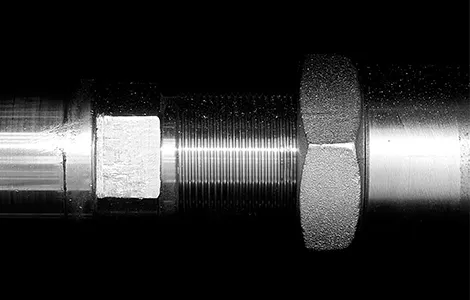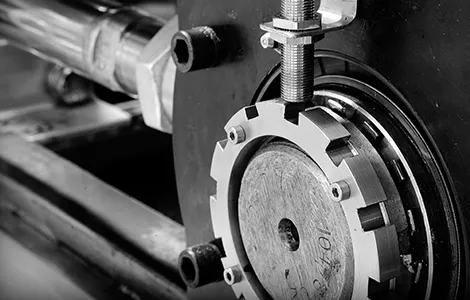Sustainability Practices Among European Conveyor Belt Manufacturers
December 12, 2024
Sustainability is more than a buzzword in today's industrial landscape; it’s a critical aspect of operations for forward-thinking companies. European conveyor belt manufacturers are setting a high standard by integrating innovative eco-friendly practices into their production processes. These initiatives focus on sustainable materials, energy-efficient methods, and robust recycling programs, all designed to reduce the environmental impact of manufacturing steel belt systems.
Adopting Sustainable Materials
One of the fundamental ways manufacturers are embracing sustainability is through the use of eco-friendly materials. Stainless steel, a preferred material for conveyor belts, plays a central role due to its exceptional durability and recyclability. Unlike alternative materials, stainless steel can withstand rigorous industrial use while maintaining its integrity over time, reducing the need for frequent replacements. This longevity conserves raw materials and minimises waste generation.
In addition to stainless steel, some manufacturers are experimenting with new hybrid materials that combine recycled and renewable components. These materials retain the strength and efficiency required for industrial applications while aligning with sustainability goals. By choosing such materials, manufacturers reduce their reliance on unsustainable resources and contribute to a more circular economy.
Energy-Efficient Production Processes
The production of conveyor belts is energy-intensive, but European manufacturers are proactively working to reduce their energy consumption and associated emissions. One key strategy is the integration of renewable energy sources, such as solar panels and wind turbines, into their production facilities. By reducing reliance on fossil fuels, these companies lower their carbon footprint while supporting the broader transition to clean energy.
Furthermore, investments in modern machinery have allowed manufacturers to implement energy-saving features across their production lines. For example, advanced temperature control systems and optimised production schedules ensure that energy is used efficiently without compromising quality. Some companies are even employing artificial intelligence to monitor and manage energy consumption in real time, resulting in significant cost and energy savings.
Comprehensive Recycling Programs
Recycling has become a cornerstone of sustainable manufacturing. European conveyor belt manufacturers are leading the way with comprehensive recycling programs that address both production waste and end-of-life products. Scrap materials generated during production are collected, processed, and reintroduced into the manufacturing cycle, reducing waste and conserving raw resources.
Moreover, many manufacturers have established take-back schemes for used conveyors and steel belts. These programs ensure that outdated or damaged belts are returned to the manufacturer for recycling instead of ending up in landfills. Through advanced recycling technologies, materials like stainless steel are recovered and repurposed, contributing to a closed-loop system that minimises environmental harm.
Reducing Environmental Impact
The combined effect of these sustainability initiatives is a significant reduction in the environmental impact of conveyor belt manufacturing. By adopting sustainable materials, optimising energy usage, and promoting recycling, manufacturers are achieving lower greenhouse gas emissions, conserving natural resources, and reducing waste. These efforts align with global goals for sustainability, such as the ‘European Union’s Green Deal’, which aims for carbon neutrality by 2050.
A Model for the Future
European conveyor belt manufacturers have demonstrated that sustainability and industrial efficiency can coexist. Their commitment to eco-friendly practices not only benefits the environment but also strengthens their reputation as industry leaders. By prioritising sustainability, they are setting a benchmark for other industries to follow, showcasing how innovative practices can pave the way for a more sustainable future.
As industries worldwide look to reduce their environmental impact, the efforts of European conveyor belt manufacturers serve as an inspiring example of how to balance operational demands with a commitment to the planet. Through continued innovation and collaboration, industrial companies such as us are helping to shape a greener, more responsible manufacturing landscape.
Discover our range of steel conveyor belt services here to see how we’re contributing to European industry and innovation.

